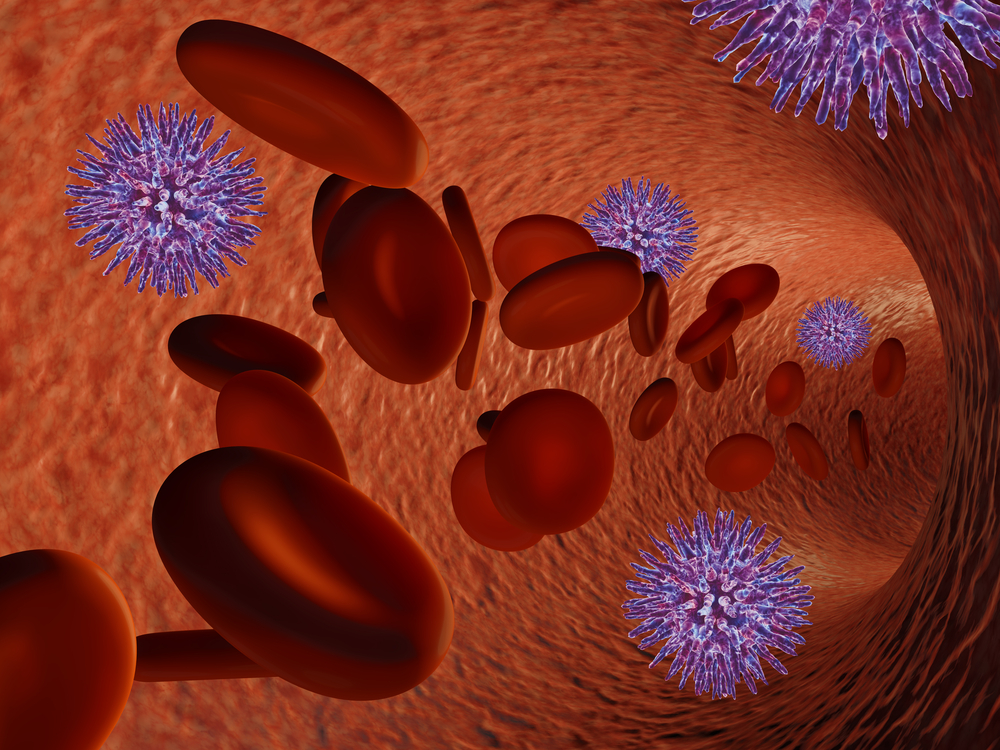The National Institutes of Health has granted $1.7 million to Paul Fadel, director of clinical translational science for the College of Nursing and Health Innovation at the University of Texas at Arlington, to find a way to thwart cardiovascular disease and high blood pressure in patients with chronic kidney disease (CKD).
Fadel will use the four-year award to develop a treatment to lower blood pressure and the activity of the sympathetic nervous system in patients with CKD.
Chronic kidney disease is a common condition that is more prevalent in older people. Usually CKD in younger patients is associated with loss of kidney function, but more than 30 percent of CKD patients over age 65 do not have progressive disease with loss of kidney function over time. CKD is associated with an increased risk of cardiovascular disease and chronic renal failure and accounts for the ninth leading cause of death in the United States.
The dean of the College of Nursing and Health Innovation, Anne Bavier said the grant will boost accelerated research into health science under UTA’s strategic plan.
“One in three American adults is at risk for developing kidney disease,” Bavier said in a news release. “These numbers will go up as our population ages because being over 60 is a risk factor for developing kidney disease. The outcome of Paul’s work could go a long way toward putting a dent in this problem.”
Fadel is a researcher in the field of integrative physiology and a specialist in neural cardiovascular control. He came to the college in 2015 from the University of Missouri School of Medicine. With funds from another NIH grant totaling $376,000, Fadel is currently developing his work with Kinesiology Department chair and professor David Keller to study essential differences between blacks and whites in the regulation of blood pressure during exercise and rest.
Most patients with kidney disease die of cardiovascular conditions, Fadel said, and “a big part of that is hypertension,” adding that when blood pressure increases it becomes a problem for the kidney.
High activity of the sympathetic nervous system can results in renal and cardiac dysfunction independent of blood pressure elevations.
“We know that patients with chronic kidney disease have high sympathetic nerve activity, but we don’t know why,” Fadel said. “The purpose of this grant is to help us find out why they have high sympathetic nerve activity. We have designed protocols that will probe the role of asymmetric dimethylarginine, or ADMA, a natural occurring chemical in the body. When ADMA is high, we think it causes elevated sympathetic nerve activity.”
“ADMA inhibits production of nitric oxide, which inhibits sympathetic nerve activity in the brainstem. If you have more nitric oxide, you will have lower sympathetic nerve activity,” Fadel added.
Kidney function has five stages, he said.
“Stage one is healthy,” Fadel said. “Stage five puts you on dialysis. We are studying patients in stages three and four. Our hope is to figure out a treatment and come up with a therapy that will lower their sympathetic nerve activity, improve their outcomes, and prevent them from moving on to dialysis.”

